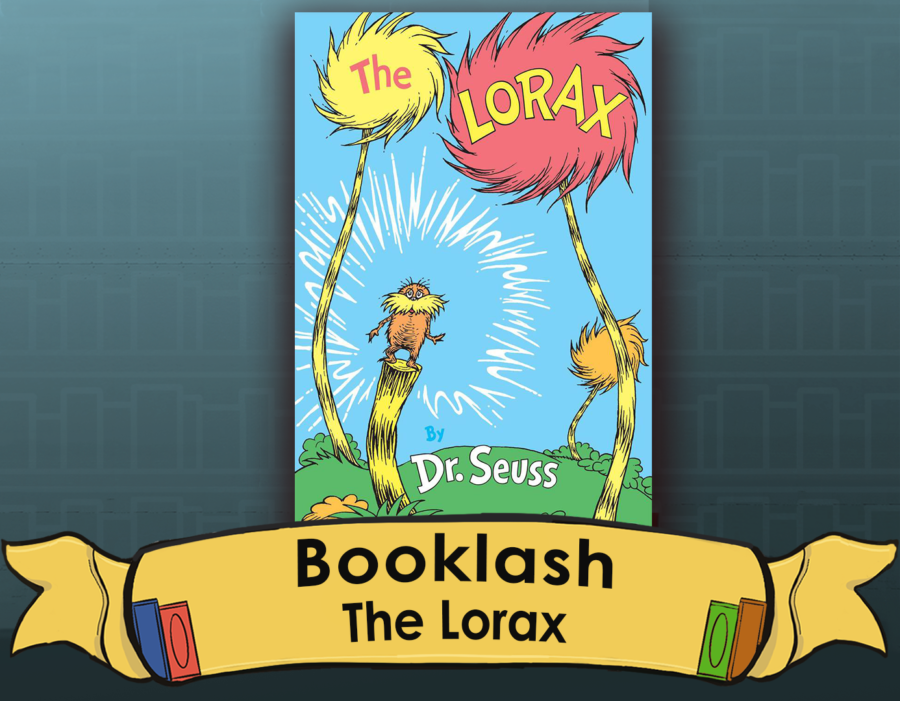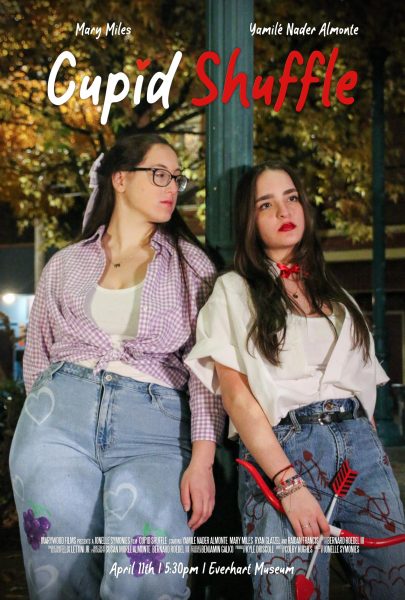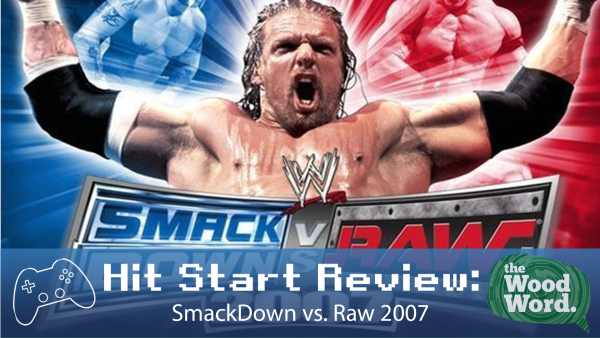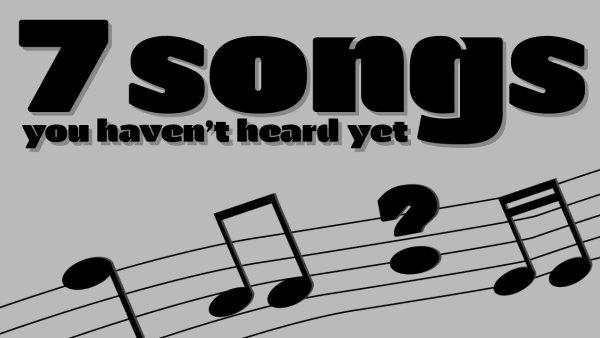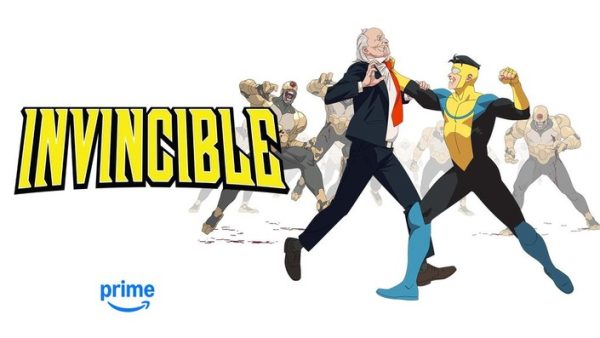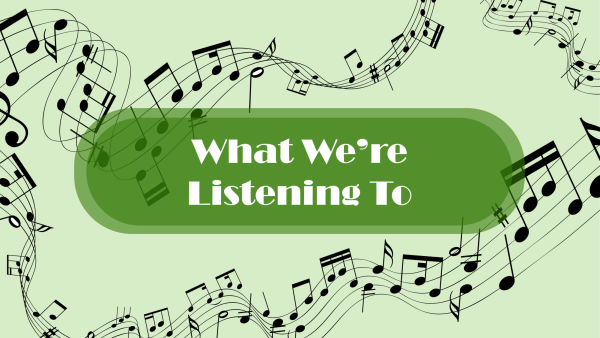BookLash: “The Lorax”
Photo credit/ Jen Flynn
“The Lorax” is a popular children’s book around Earth Day.
Booklash is a column exploring the history of Banned Books in the United States, the reasons behind the arguments, and a student’s take on this attack on literature.
In honor of Earth Day, this Booklash column explores the history of “The Lorax,” a book that leaves a lasting impression about what happens when Earth’s inhabitants consume all of nature’s natural resources and the devastation this causes on the environment.
Dr. Seuss’ “The Lorax,” which can be interpreted as environmental activism, explains the dangers of mistreating the environment through a child-friendly and picturesque book. The lesson of respecting the environment and all living creatures is as prevalent today as when the book was first published in 1971.
Fifty years after its publication, the book is widely used in classrooms, especially on Earth Day, to teach students the importance of taking care of the Earth. It is the perfect example of educating the younger generations on negative and positive human impacts on the environment.
According to The Focus, this book was one of Dr. Seuss’ favorites because it addressed economic and environmental issues, showing how the environmental issues were a direct outcome of poorly regulated economies and businesses.
Despite the importance of this book, in 1989 a parental outcry arose in California to ban this book from their childrens’ libraries and curriculum. One of California’s largest industries at the time was logging. Parents were concerned that teachers were “brainwashing” their children and were fearful the children would start an uprising against the logging industry. Because of this, “The Lorax” was banned in a Laytonville, California public school.
Along with the acclaimed criticism of industry, “The Lorax” is also accused of being too critical of capitalism. According to The World Wide News, two more cases of banning this classic children’s book occurred in Arizona and Georgia.
In 2010, a parent in Barrow County, Georgia complained that “The Lorax” taught anti-business values to young minds, forcing the school board to take action and ban the book from the school.
In 2012, the governor of Arizona, Jan Brewer, completely banned “The Lorax” from all public schools in the state of Arizona, signing a bill to reinforce her idea and “protect” students from “a book with an agenda that seeks to brainwash children into believing that capitalism is bad.”
Despite the few times “The Lorax” has been banned, this book has made a tremendous impact on society. This book helped promote a marketing opportunity for many environmental activist groups, such as The Climate Reality Project, One Green Planet, Extinction Rebellion, etc. as well as company brands such as Mitsubishi who used Dr. Seuss’ message to promote their electric cars.
“The Lorax” remains a popular children’s book found in most libraries, continually promoting environmentally friendly ideas throughout the generations. For every few people wanting to ban this book, there are plenty more who would rather speak for the trees.
As the years continue on and the Earth’s natural resources continue to diminish, take a stand, educate the younger generations, and keep “The Lorax” prevalent in a society that needs someone to fight for the planet.
Contact the writer:
[email protected]

Amanda Morgan is a senior here at Marywood full of aspirations, double majoring in English Writing and English Literature, as well as pursuing her master's...



